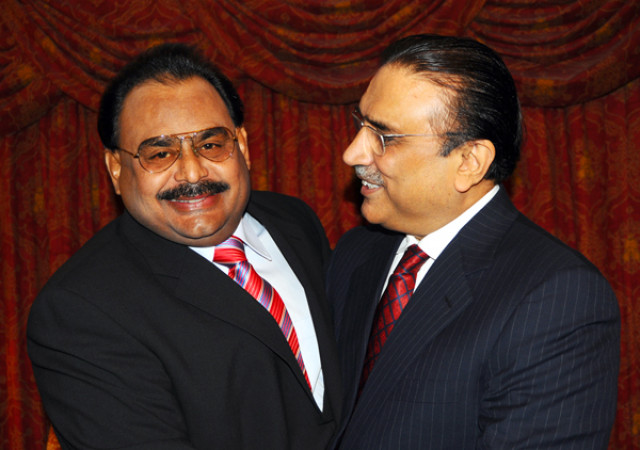Switch on any TV channel, open up a newspaper or log on to a social network and you will see our parliamentarians and their electorate continuously drawing ire of the urban-educated elite.
Participants engaging in intellectual discourse on talk shows raise questioning eyebrows over the wisdom possessed by the electorate, and criticise voters’ decision of re-electing the same allegedly tainted politician. This made me wonder; why do voters elect the same politicians every time?
After some introspection, I came to the conclusion that the bone of contention is the socio-economic imbalance prevailing in our society. This is a battle between the ‘haves and have-nots’, who will perpetually be at loggerheads with each other till this dichotomy in their status persists.
The ‘haves’
The ‘haves’ are those born in well-to-do families. They have the privilege of graduating from good educational institutions and subsequently receiving mouth-watering offers from multinationals, unless a timely call from a family friend manages to reserve a slot for them.
The ‘have-nots’
The ‘have-nots’ are those who barely make ends meet. For them, sending their children to a good school is equivalent to asking them for an arm; hence their kids end up at peela schools. After graduating (or dropping out), these kids compete with other poorly skilled individuals and qualified graduates in a competitive job market where opportunities are scanty and at times, only exist for those with the right “connections”. For them, economic benefit lies in aligning themselves with the local power broker, who is further linked to politicians or others in the corridors of power. It isn’t too outlandish - these masses make rational decisions based on their needs and wants.
Voting for ‘tried and tested’
Solutions that have been suggested by the urban elite like the Bangladesh model or mid-term polls will not work and might set a dangerous precedent for the future. Similarly, while ministers with fake degrees were discredited by the urban elite discredited, their electorate seemed content with them and re-elected them even after harsh criticism by their opponents and media.
So did the electorate make an impulsive decision with the current government? No, they did not. They voted for people that they had ‘tried and tested’. They have experienced elusive revolutionaries who have usurped the throne, impersonating true representatives of the people in a quasi-democratic set-up which serves as a smokescreen to protract their rule.
Power brokers may retreat
Pakistan has a history of poor governance. The majority has suffered because power brokers are often helpless. Economic growth has been modest and irregular; and it has failed to trickle down to the masses. As a result of this poor governance, society has become polarised and turned in to a breeding ground for terrorism, assassinations and separatist movements.
But don’t be afraid; fears that Pakistan is doomed, that division is in the offing and that Pakistan is synonymous with predicament are false. We must have faith in democracy - whether we are part of the majority or not.
Why do voters elect the same politicians?
Have you ever wondered "who voted for this guy?". The answer may be more surprising than you think.



COMMENTS
Comments are moderated and generally will be posted if they are on-topic and not abusive.
For more information, please see our Comments FAQ